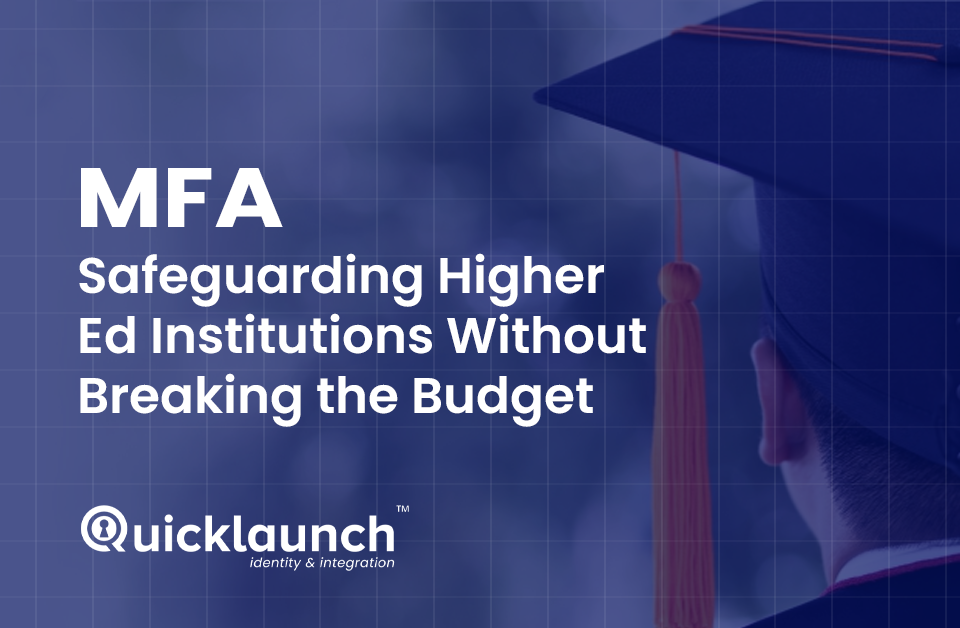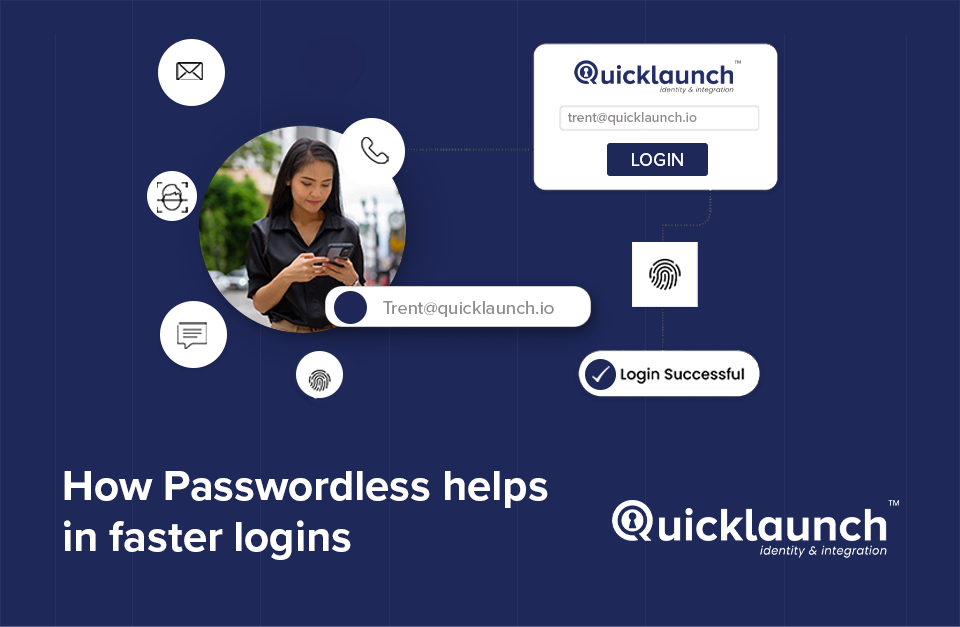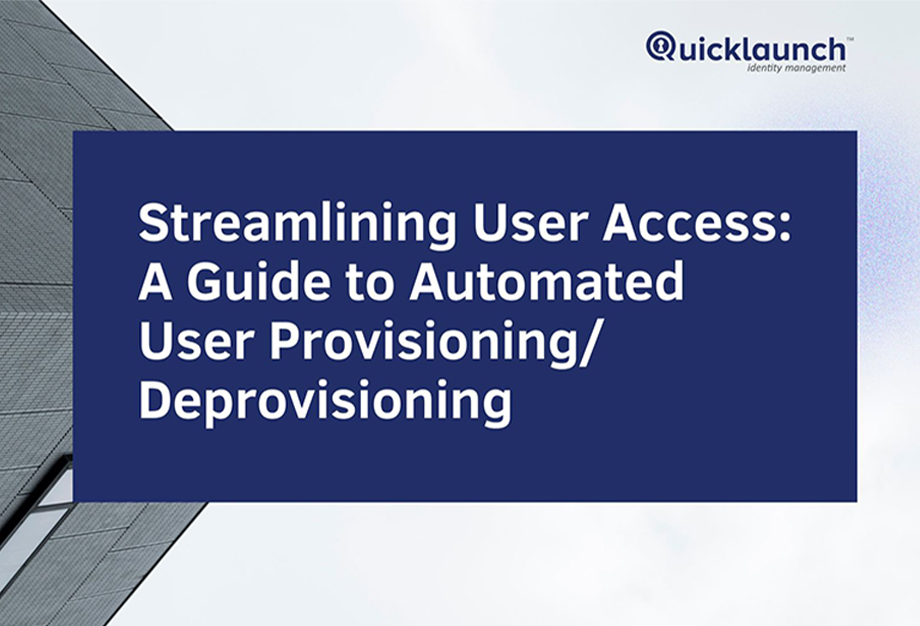
Simplifying Onboarding and Offboarding Processes in Higher Education
January 29, 2025
How Passwordless helps in faster logins
February 20, 2025
In today’s digital landscape, the need for robust security measures has never been greater. Cyberattacks and data breaches are becoming increasingly sophisticated, and protecting sensitive information is essential, especially for educational institutions that handle vast amounts of personal data from students, faculty, and staff. One critical security measure that has gained widespread adoption is Multi-Factor Authentication (MFA), a key tool in preventing unauthorized access and securing networks.
Why MFA for Higher Education?
With cyber insurance providers tightening their requirements, many institutions MFA in order to renew or maintain their cyber insurance policies. Failure to comply can lead to a loss of coverage, leaving organizations exposed to potentially devastating financial and reputational risks. In response, many higher education institutions are turning to MFA as a solution not only to meet insurance mandates but also to bolster their overall security.
MFA adds an essential layer of security by requiring users to verify their identity through multiple forms of authentication, making it far more difficult for cybercriminals to gain access to systems using just a stolen password. This is particularly crucial in educational environments where large and diverse user bases present unique challenges for securing login systems
MFA offers several key benefits:
- Stronger Protection Against Cyber Threats: MFA significantly reduces the risk of unauthorized access by requiring users to provide additional authentication factors, such as a one-time passcode or biometric verification.
- Improved Compliance: Many regulatory frameworks, such as GLBA, mandate strict security protocols for institutions. MFA helps meet these requirements and ensures better auditing and reporting.
- Cost Savings on Cyber Insurance: Implementing MFA can lead to substantial savings on cyber insurance premiums. Many providers offer lower rates for organizations that demonstrate strong security measures, such as MFA, to mitigate the risk of cyber incidents.
Guideline to choose MFA Vendors
When selecting an MFA solution, institutions should prioritize options that are quick to deploy, user-friendly, and flexible enough to meet the diverse needs of students, faculty, and administrators. Solutions that offer a wide range of authentication methods—such as Google Authenticator, Microsoft Authenticator, SMS or email OTP, and security tokens like YubiKey—allow users to choose the method that works best for them. This flexibility ensures a smoother user experience and reduces potential disruptions to daily operations.
Immediate Benefits of MFA
Once implemented, institutions often see immediate benefits from MFA:
- Enhanced Security: By requiring multiple forms of authentication, MFA helps protect against common cyber threats, including phishing and brute force attacks.
- Seamless User Experience: With multiple authentication options available, users can choose their preferred method, making the transition to MFA smoother and more intuitive.
- Fewer Unauthorized Access Attempts: MFA drastically reduces the number of successful unauthorized access attempts, providing peace of mind for IT teams.
Business Impact: Reducing Costs and Risks
The financial impact of MFA can be substantial. Institutions that meet their cyber insurance provider’s MFA requirements often see reduced premiums, resulting in significant cost savings. Additionally, the reduction in unauthorized access attempts helps minimize the risk of costly data breaches, further protecting the institution’s resources.
Conclusion: MFA is a Critical Security Measure
For educational institutions, MFA is an essential component of a modern security strategy that strengthens data protection, ensures regulatory compliance, and reduces risks associated with cyberattacks. Implementing MFA is a smart, scalable solution that not only addresses current security needs but also future-proofs an institution’s cybersecurity posture for the years ahead.
Start your journey with QuickLaunch toward stronger security by adopting MFA today, and protect your institution from the growing threat of cyberattacks.



